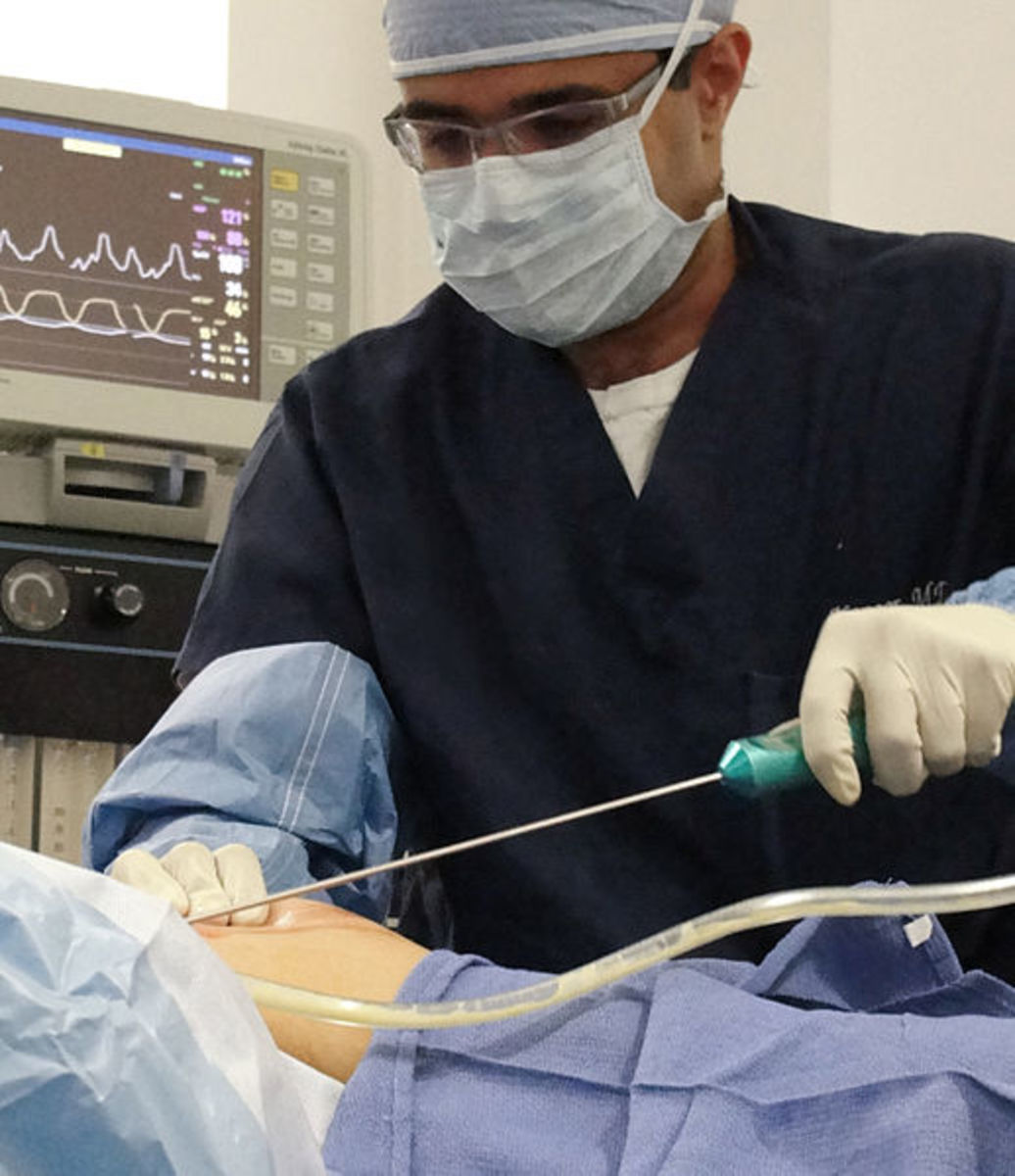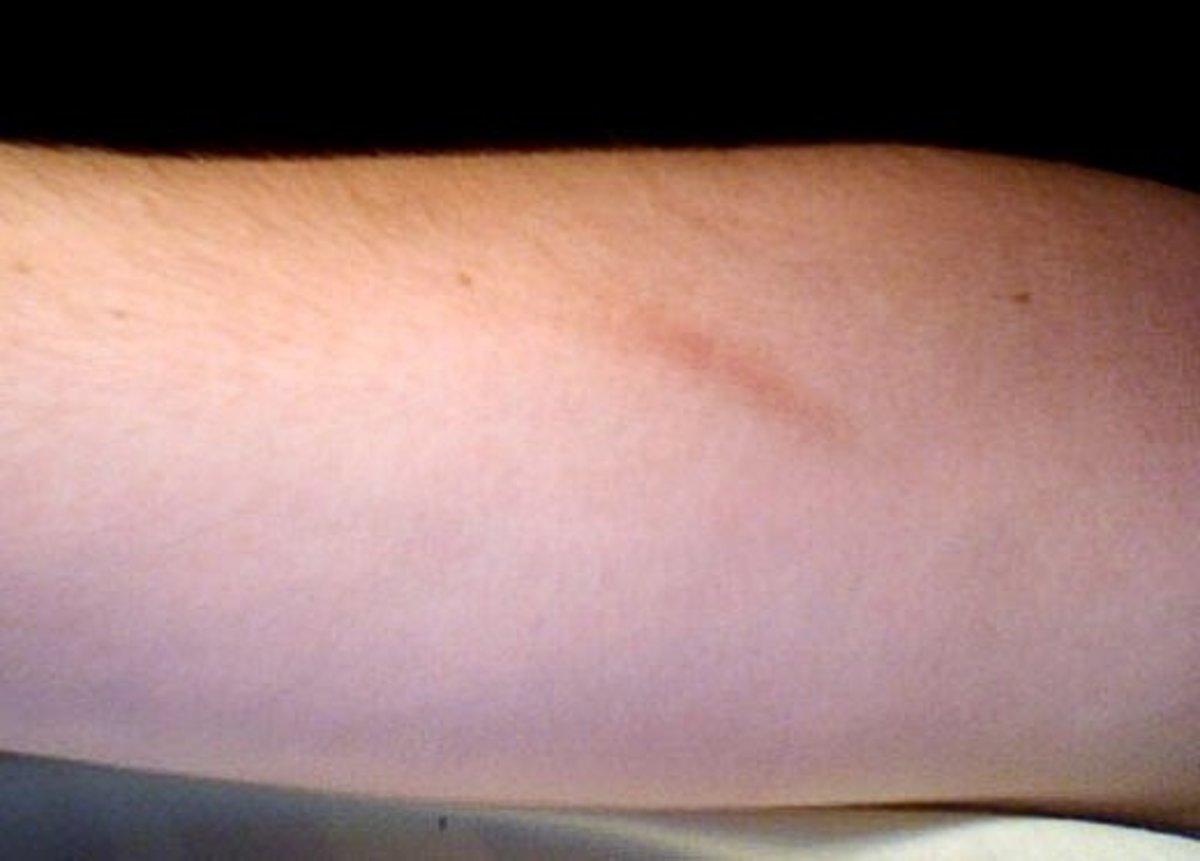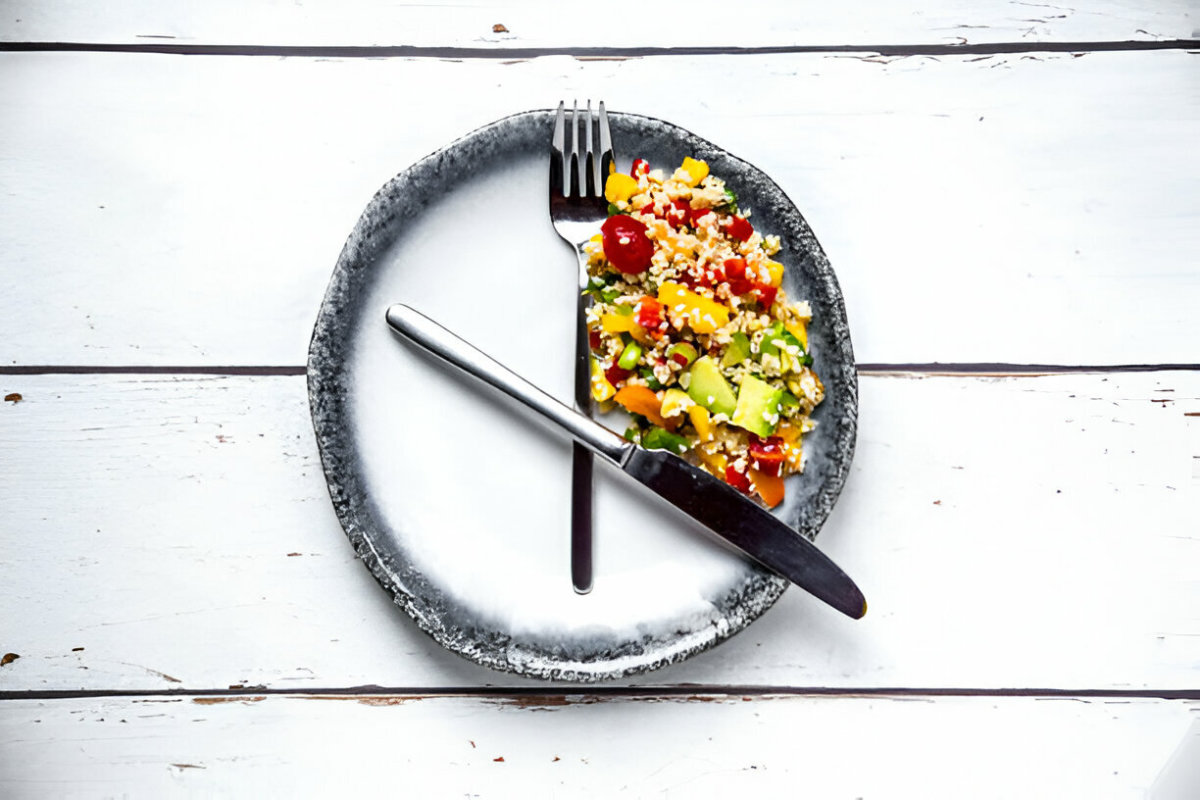Does fat weigh more than muscle or does muscle weigh more than fat?
Interesting question....
So here's the correct answer, along with some tips and a common sense explanation.
Firstly, muscle is more dense than fat. Density plays a role in weight in comparison to size, but a pound (16 ounces, 454 grams) of fat weighs exactly the same as a pound of muscle- or a pound of anything else for that matter! Muscle tissue is more compact (more dense) than fatty tissue. Therefore, one cubic inch of muscle weighs more than one cubic inch of fat. This is mostly due to the water content of muscle. Fat cells are stored in adipose tissue, and fat is oil. Water naturally weighs more than oil (relative to this article). So a gallon of water (8.3 pounds) would weigh more than a gallon of oil.
Muscles contain intramuscular fat deposits, even in very lean persons. But speaking only of the two types of tissue, a person of the same height and girth etc. who was very muscular would weigh more than someone who had a much higher bodyfat percentage of the exact same dimensions.
Does that mean those trying to lose weight shouldn't strive to build muscle? Um, NO, that's NOT what that means. Generally when someone says that they're "trying to lose weight", what they mean is they're trying to improve their appearance. Sometimes people are actually cutting weight for athletic endeavors etc., but most are only trying to lose fat.
I'm making this assertion because muscle is far more metabolic than fat. Metabolism is the conversion of nutrients to energy. So, if one desires to use more calories simply by being alive, then muscle is your friend. Muscle raises your basal metabolic rate (BMR) and helps you to burn more calories. This does not imply one has to look physically imposing, or alter one's physical self drastically. It's a trade! Luckily, you can somewhat predict where you'll deposit muscle. No, you cannot predict where you'll metabolize fat. That usually happens on a "last deposited, first metabolized" basis. Spot reduction is an overly publicized myth!
Conversely, if you want to add a little muscle to your biceps, exercise your biceps! Naturally a diet rich in protein would better enable the deposition of muscle. For you dieters, protein is your friend in another way (several actually). Protein is the most thermogenic macronutrient. This lends itself to heightened metabolism, too.
Many of the ladies reading this think that they'll develop large muscles and be less feminine when strength training (yes, I mean lifting weights). Well, not usually. Being a personal trainer myself, I've heard this many times. This is the subject of another one of my articles.
http://hubpages.com/hub/Weight-training-for-the-ladies-who-still-want-to-look-and-feel-like-ladies
With any fitness routine it's necessary to set and adhere to goals. If your goal is to improve your appearance, then concentrate on just that. Your appearance has more to do with body composition than it does weight. In some cases, certain ailments such as those of the feet, knees and back do require one to lose weight. I assure you though, adding muscle won't as significantly impact your actual weight as it does your bodyfat and total body composition.
Effectively setting and defining goals is another one of my subjects here. Bear in mind, the same tenets for getting back into an exercise program apply to starting one.
http://hubpages.com/hub/Falling-off-the-fitness-wagon-and-surviving-the-fall
Hopefully this clears up some closely held misconceptions.









